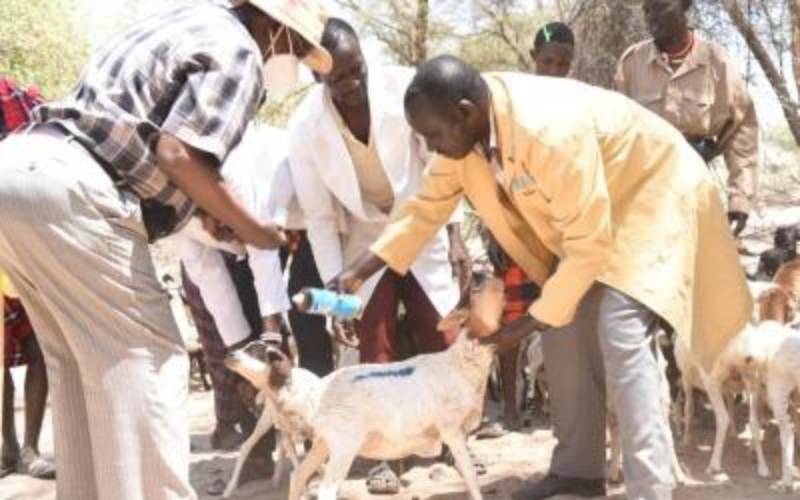×
The Standard e-Paper
Stay Informed, Even Offline

Kenya and Uganda have started a joint mass vaccination of animals against the Contagious Bovine Pleuropneumonia (CBPP) disease. The vaccine is being offered free of charge.
The exercise, funded by West Pokot County and Amudat District in Uganda, is aimed at stopping the spread of the disease, improving animal health and strengthening cross-border collaboration and coordination in the semi-arid region.